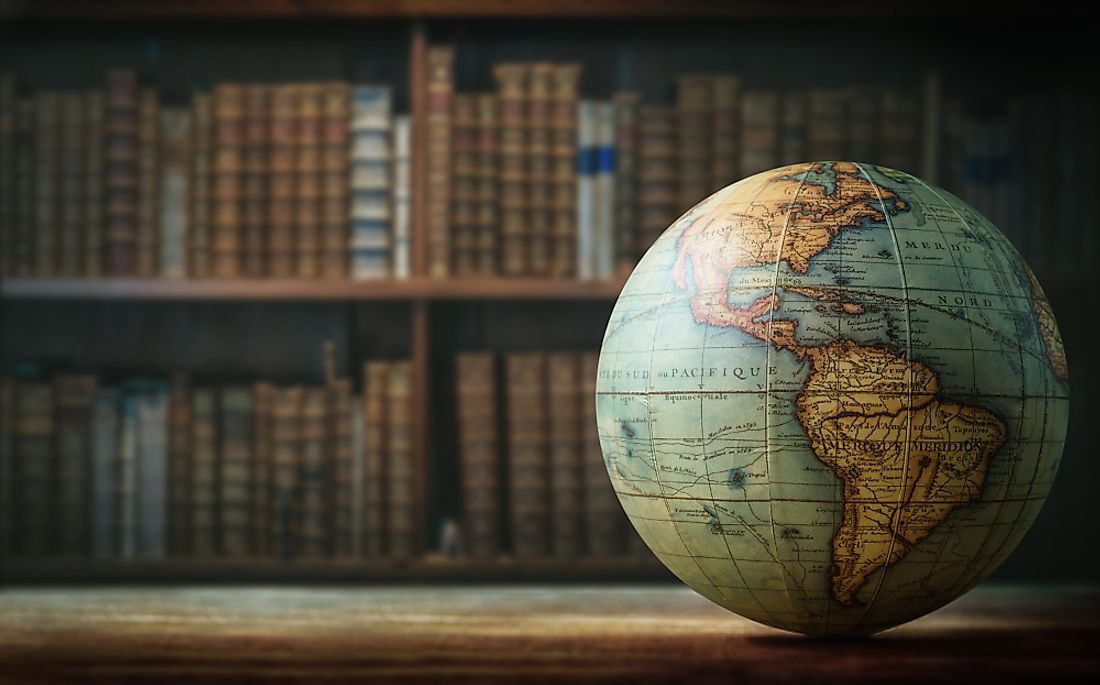What is the Study of Geography?

Geography is the study of the environment, physical features, and how they relate to people. Geographers examine the physical properties of the earth, the symbiosis between the natural features, and their interaction with human societies. The primary objective of geography is to understand why things exist, why they live where they are, how they relate, and how they change over time.
Ancient Geography
The term "geography" was coined by the ancient Greeks to describe the art of reading and writing maps to make sense of their location in relation to physical features. The Greeks were not the only society interested in studying geography; throughout history, human societies sought to understand their environment. The Greeks perfected the art of map-making. They developed detailed maps of areas around Greece, including Africa, Asia, and Europe, but more importantly, they tried to understand how natural and human variations came to be. While trying to find the answers to these questions, they figured out that the earth was round, calculated its circumference, and learned of the different weather seasons by observing the floods of the Nile. While the Greeks were mapping the world, the Chinese in the Far East specialized in astronomy and navigation.
Modern Geography
Modern geography covers a broad scope that concerns politics, settlement, plants, landforms, people, and much more. It seeks answers for spatial questions such as why and how things are distributed on the earth's surface, the interaction of the natural environment and human beings, and the characteristics of the earth's surface. The ancient art of mapping is still an essential part of geography, but now exploration uses modern technology such as satellites and airplanes. Discoveries happen on digital screens by analyzing the relationship between individual features within a geographic space. Geography also finds a correlation between human settlement, economic forces, infrastructure, and how they influence the development of towns and cities. Geographic analyses of the migration pattern of animals and humans estimate the likelihood of spreading a particular disease and help contain epidemics. Since modern geography is diverse, it often focuses on regional geography, geographic techniques, human geography, and physical geography.
Human Geography
Most people are familiar with physical geography because contemporary geography studies the natural environment and features such as oceans, landforms, soil, climate, seasons, and the atmosphere. Human geography is of equal importance as it focuses on the social aspect of geography. Human geographers investigate issues such as how the rise of economic powers such as India and China that represent 37% of the global population affects the rest of the world. The discipline also studies how human activities such as overgrazing, deforestation, and pollution affect and alter the environment. Finally, human geographers study the economic, social, and political systems across geographical space. These may include governments, trade partners, and religious organizations.











